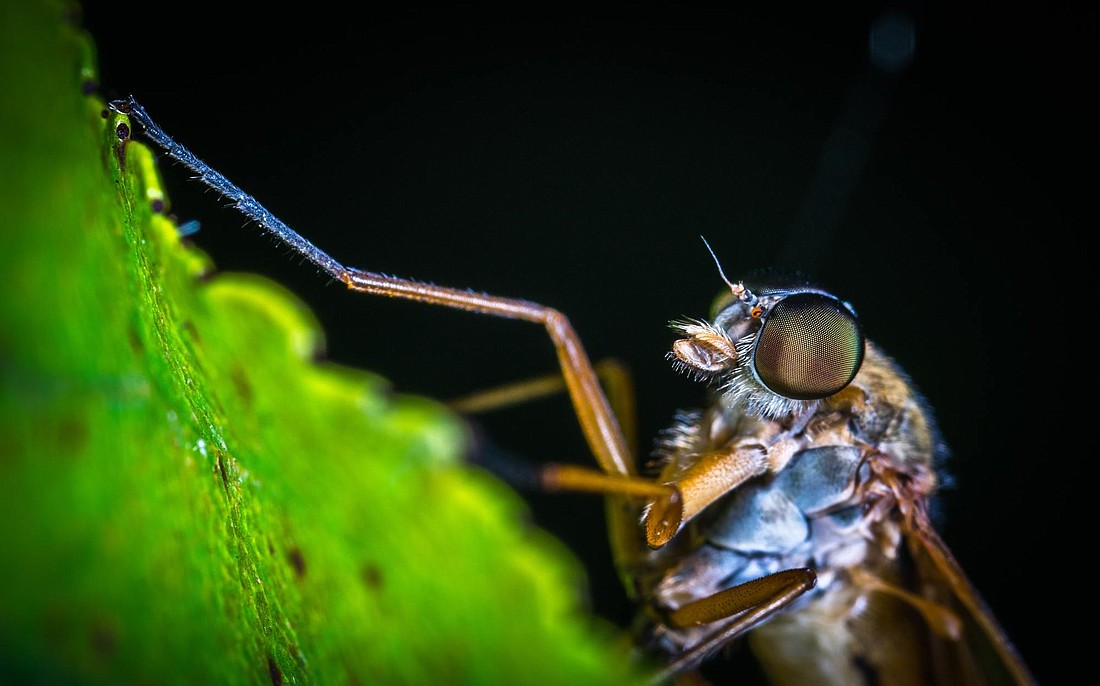- December 13, 2025

While cooler temperatures are a relief in some respects, they are hindering mosquito control efforts in the aftermath of Hurricane Ian. The East Flagler Mosquito Control District has been coordinating with Flagler County Emergency Management for aerial spraying over large areas of the county – necessary because widespread flooding will produce a high number of mosquitoes – but it may take two weeks.
“Most species of mosquitoes are active from sunset to sunrise, and this is when Mosquito Control conducts spray operations,” said East Flagler Mosquito Control District Director Mark Positano. “Since the mosquitoes must be actively flying to come in contact with the sprayed pesticides, we cannot spray when conditions are too windy, it’s raining, and also when temperatures are too low for mosquitoes to be active.”
Overnight temperatures for the remainder of this week are forecast to be in the upper 50s and lower 60s.
“This will prevent us from applying pesticides until the temperatures warm up,” Positano said. “Low temperatures will slow the development of mosquitoes. Typically, it takes seven to 10 days for the various species of mosquitoes to develop but we can expect more likely a 14-day incubation period.”
Most of the rain that flooded the interior of Flagler County fell on September 29, which means Mosquito Control may not register (count) the Hurricane Ian generated mosquito population until October 14.
“At that time, we will have justification for wide area aerial adulticiding,” Positano said. “Mosquito Control routinely treats by air using a helicopter and has done so for over thirty years. The state assistance through FEMA will allow for several planes to spray large parts of the County over a couple nights.”